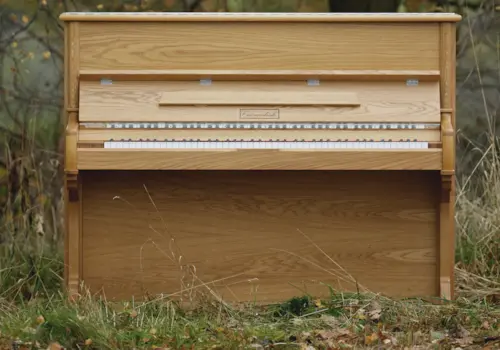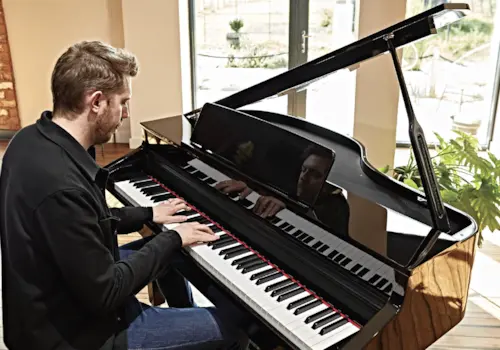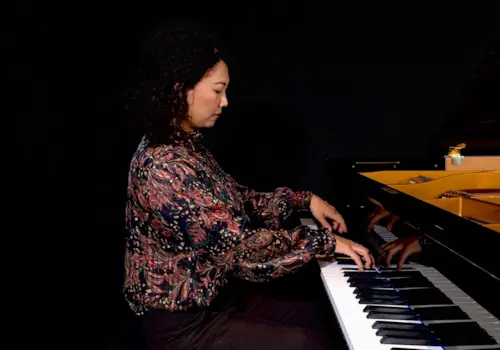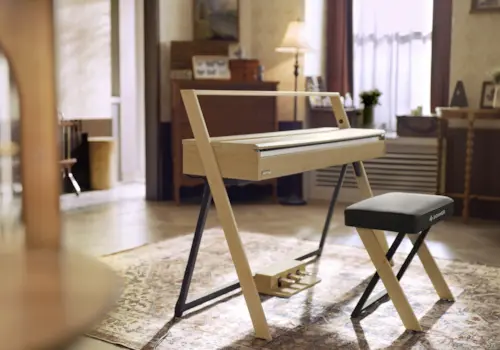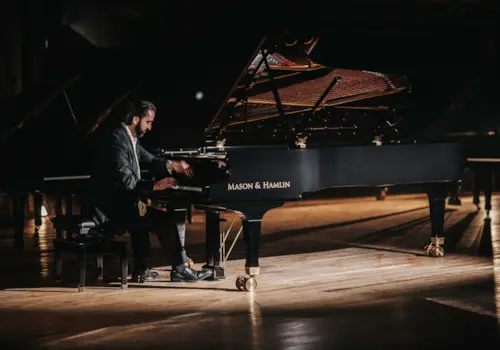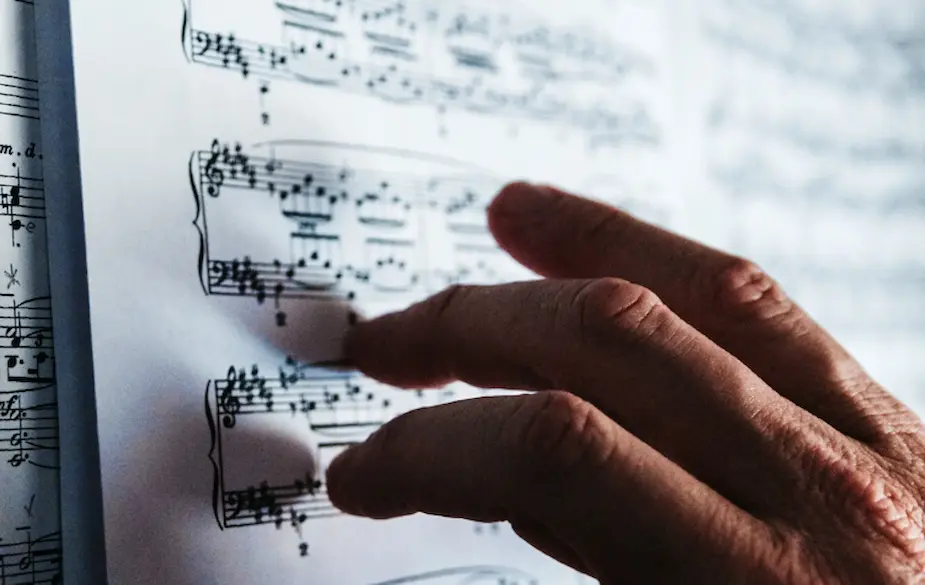If you want your practice sessions to be more productive and more effective, these 5 top piano practice tips are going to be absolutely essential for you.
You may have wondered at some point to yourself: How am I supposed to practise? Where do I even begin? How can I maximize my time and efficiency on my own? How can I make practice fun and enjoyable? How can I track the progress that I have made throughout the week?
It can be a huge challenge trying to figure this out, but we're here to help you.
Let's dig in!
Practice tip 1: Dissect and analyse the details of your piano piece
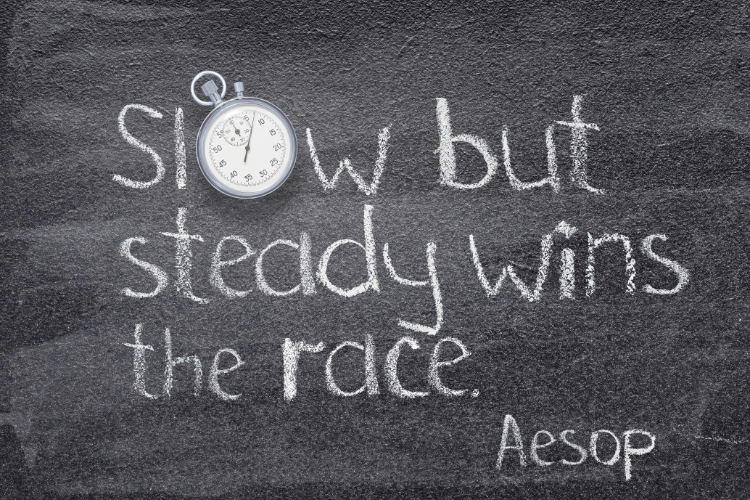
I am sure you have heard this tip before: practise hands separately, slowly, and in small bits. I would like to remind you, however, that this process should be done all the time, regardless of where you are in the learning process!
This especially holds true if you are preparing to perform the work in public. It serves as a wonderful review of all the details you have been working on with your teacher.
Simply put: dissecting the details of a work is like examining and understanding each complex and intricate piece of the puzzle. Without this critical step, one will never have full technical and musical command of the piece. Our in-house expert teacher Graham Fitch gives a wonderful, in-depth lesson on slowing down your practice in his free video piano lesson.
Practice tip 2: Examine the piece from a distance
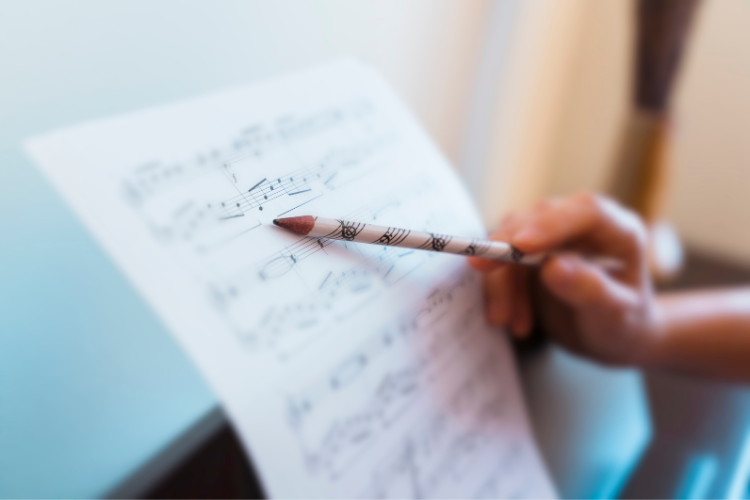
Sometimes, practising the piece away from the piano can yield more beneficial and creative results.
Why?
Those beautiful, glossy 88 keys in front of you can actually be a distraction if you are trying to work through specific issues in your piece. Here is an example:
If you are trying to figure out the appropriate amount of rubato or flexibility in a certain passage; instead of working at the piano, try singing the melody and tapping the beats on your knees beforehand. This method will allow you to work on the musical issues first without the added challenges of the piano.
Practice tip 3: Practise the harder passages first
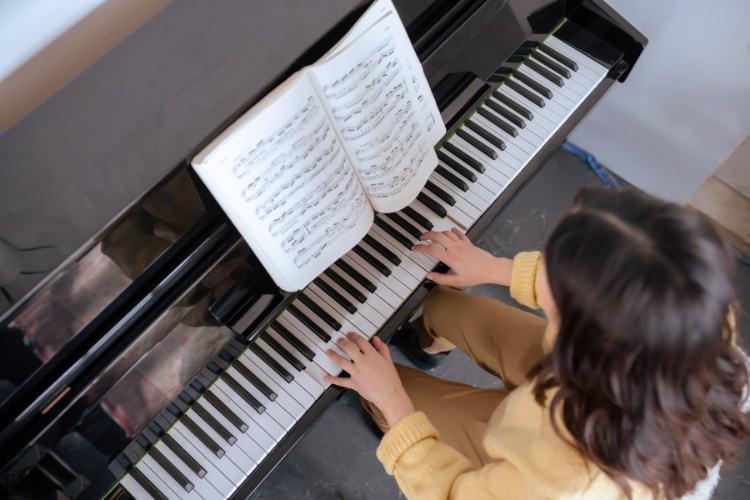
Not all passages require the same amount and type of practice. Some might be quickly accomplished, whereas others can take weeks to become fully natural.
With the more difficult passages, practise them first, frequently, and in short bursts.
Practice tip 4: Perform your pieces often

How many times has this happened to you? You spend countless hours practising and taking apart a certain passage at home only to find it fall apart during performance.
Music is very similar to other fields of study in the sense that it takes several repetitions to retain, understand, and process the information. Since it is an applied skills-based activity, studying the piano requires even more patience and discipline. Consider the following:
Performing can show you what information you have retained (and what needs further improvement) from your earlier sessions. Try performing for yourself, then moving on to family and friends. Playing in more pressurized situations can be revealing as it informs what you have mastered and what needs further work! If you find yourself becoming overly anxious when performing, check out our tips on beating performance anxiety.
It is important that you go back and forth several times between practising and performing throughout the week.
Practice tip 5: Manage expectations... and take breaks!
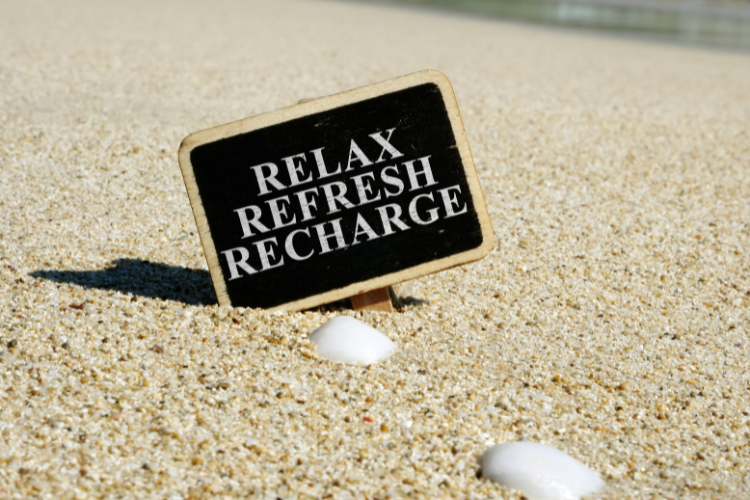
I realise that all of the tips that I mentioned above require tremendous amounts of patience and hard work, but from my previous experiences, I truly believe it to be incredibly rewarding and the quickest way for me to gain an understanding of a piece.
Because these efforts require so much concentration, I encourage you to take breaks often, or at the very least, switch to different tasks frequently so that the brain stays fresh. One thing that I like to do is to play through older pieces that I have mastered earlier, or better yet, reading through music that I want to learn at some point. I always find that refreshing.
To me, practising is an artistic and creative process. Creating and performing art is a long and winding journey, but if you have the patience to stick to the end of the ride, it is incredibly rewarding and fulfilling.

